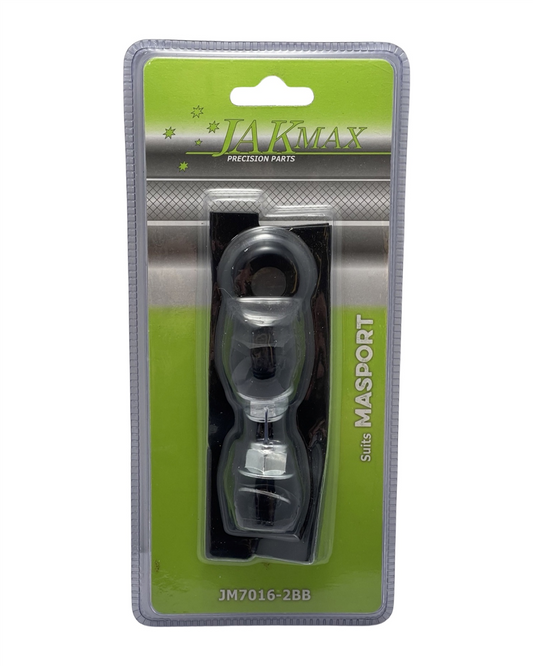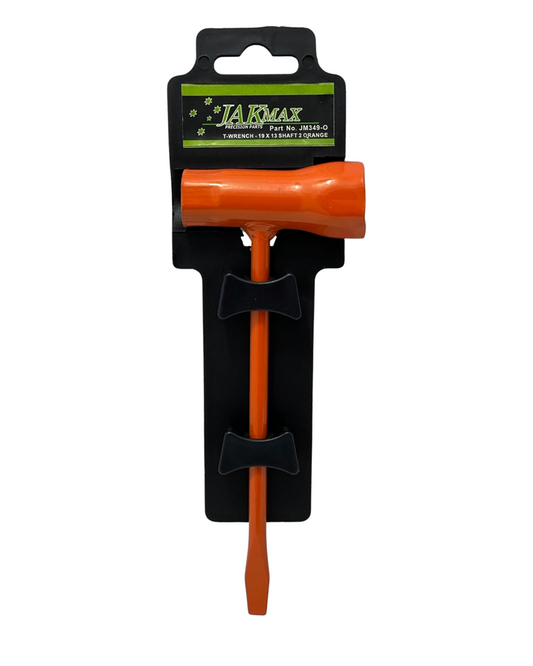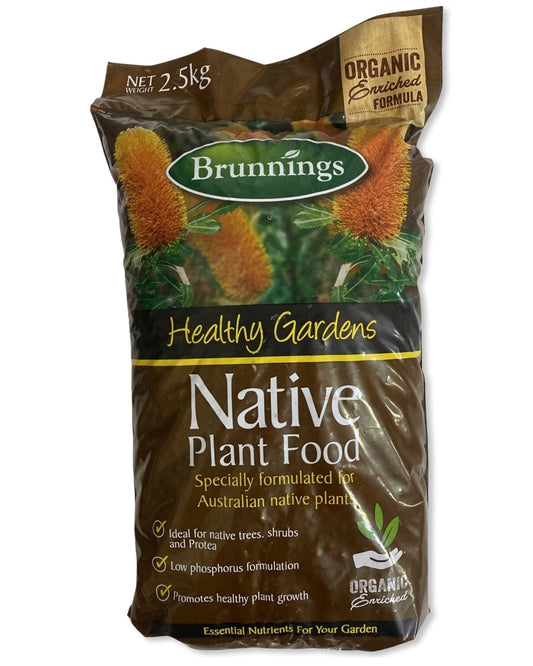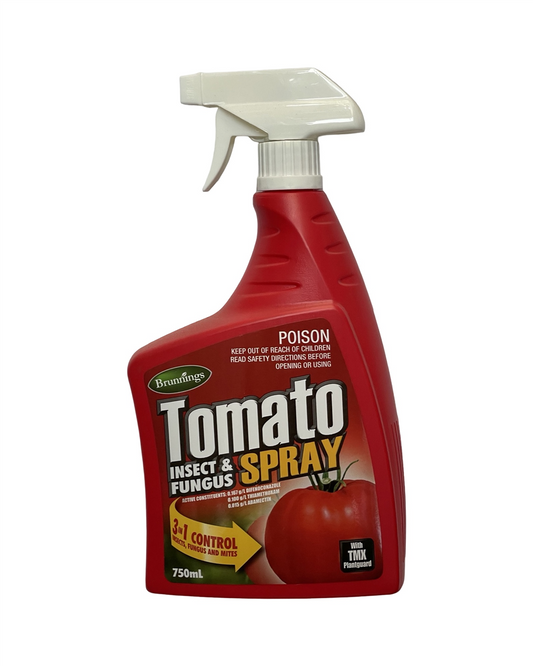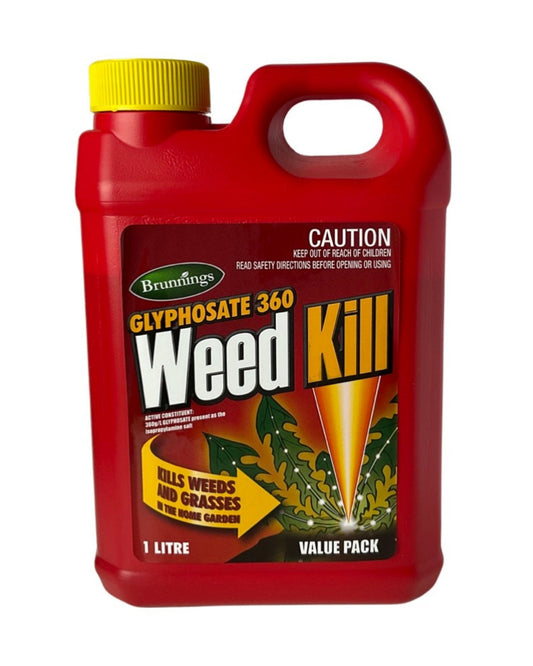Feeling stuck with compacted soil? Here’s how to loosen it naturally
Share
Break Free from Rock-Hard Soil with These Natural Solutions
There’s something deeply frustrating about compacted soil. You excitedly dig in, ready to plant your dream garden, only to be met with rock-hard dirt that drains slower than a blocked sink. It’s disheartening, especially when all you want is a lush, thriving backyard. But don’t worry—there are simple, natural ways to loosen your soil and bring it back to life, no jackhammer required.
Why Does Soil Get So Hard?
Compacted soil happens when particles get pressed together, squeezing out essential air pockets. These pockets are crucial because they allow roots to breathe and absorb nutrients. Heavy foot traffic, machinery, and even simply watering the same way all the time can contribute to this issue. The good news? You don’t need fancy tools or chemicals to fix it.
The Power of Organic Matter
The easiest and most effective way to loosen compacted soil is by adding organic matter. Think compost, worm castings, and well-rotted manure. This not only improves soil structure but invites earthworms and microbes to work their magic.
- Compost: A generous layer of compost adds nutrients and encourages microorganisms that naturally aerate the soil.
- Worm Castings: These little nuggets of gold improve soil texture and water retention.
- Manure: Aged manure enriches the soil, but make sure it's fully broken down to avoid burning your plants.
Cover Crops: Your Secret Soil Aerator
Ever heard of green manure? No, it’s not some futuristic fertiliser! Cover crops like clover, vetch, and winter rye send down deep roots, naturally breaking apart hard soil while adding nutrients. Once they’ve done their job, simply chop them down and mix them into the soil for extra organic matter.
Mulching: Nature’s Blanket
Mulch isn’t just for keeping weeds at bay; it also prevents soil from baking under the sun. A thick layer of straw, wood chips, or leaves keeps moisture in and slowly breaks down to improve soil structure. Over time, this reduces compaction naturally, making it easier for roots to spread.
Watering Smarter, Not Harder
Soil compaction often happens when water is applied too forcefully and in the same spot repeatedly. Instead of blasting your garden with a hose, use gentle, deep watering techniques. Soaker hoses and drip irrigation allow water to penetrate slowly, reducing surface runoff and helping roots grow deeper.
A Little Elbow Grease Goes a Long Way
While nature does most of the work, you can lend a helping hand with some strategic digging. Use a garden fork to aerate your soil by poking holes and gently lifting it. Avoid over-tilling, as that can actually make compaction worse over time.
Give It Time
The battle against compacted soil isn’t won overnight, but each step you take makes a difference. With a bit of patience and these natural methods, your garden will become the healthy, thriving haven you’ve always wanted.
Have you tackled compacted soil in your garden? Share your experience in the comments—we’d love to hear what worked for you! 🌱

Stay Connected
Join our gardening community on Facebook: Urban Gardener's Notebook
And follow our Store Facebook Page: Strathalbyn H Hardware on Facebook

